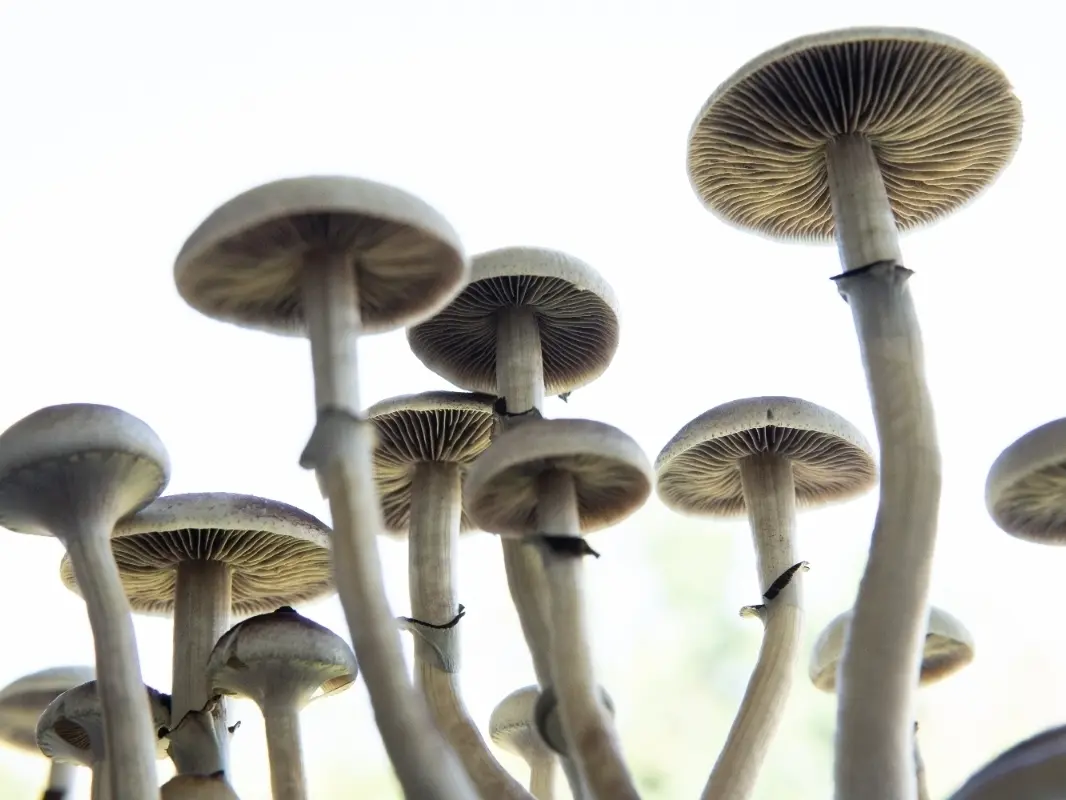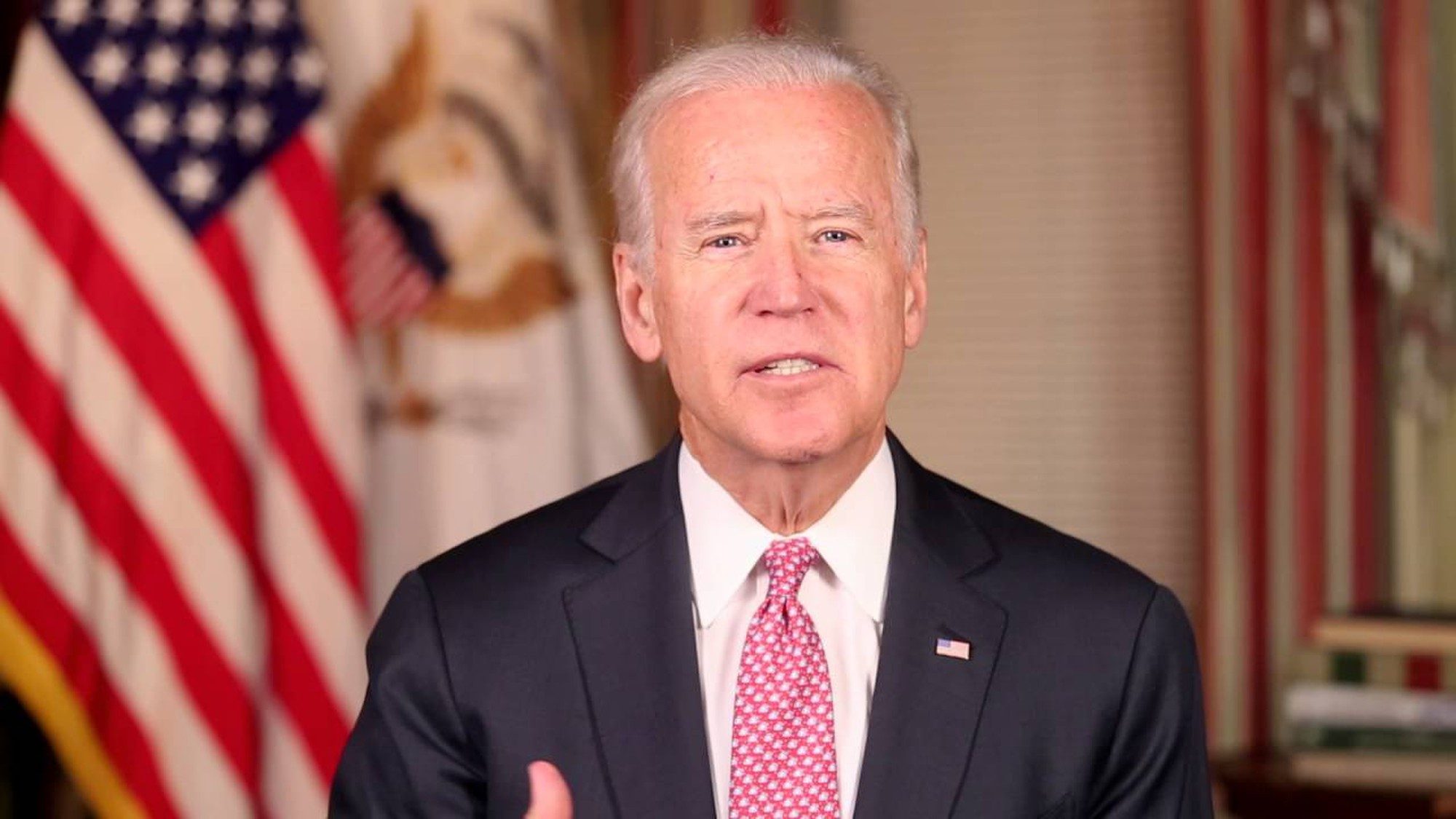Marijuana legalization is a major issue in the cannabis industry. Marijuana is still a Schedule 1 drug under the Controlled Substances Act in the US. It’s illegal at the federal level. However, now, White House officials may be warming up to legalization.
Is the White House warming up to marijuana?
A Marijuana Moment article on Friday said two federal drug officials expressed their views about legalization. Apparently, Jim Carroll told Fox 59 reporter Kayla Sullivan that he believes legalization is a states’ rights issue. Carroll is President Donald Trump’s principal advisor on drug control issues. Additionally, he wishes to see targeted education campaigns about cannabis use.
Another member of the Office of National Drug Control Policy also told CentralIllinoisProud.com that she wishes to have more research done on cannabis use before legalization could reach the federal level.
Legalization under the Obama administration
Under the Obama administration, federal agencies introduced the Cole Memo, a policy that protected marijuana-legal states from federal scrutiny. It favored marijuana-related businesses. The memo mostly helped federal prosecutors avoid taking action, especially in states where marijuana is legal.
Legalization under the Trump administration
Under the Trump administration, US Attorney General Jeff Sessions revoked the Cole Memo. The session was a harsh critic of marijuana. The cannabis sector in the US was optimistic upon his resignation last year. The newly appointed US Attorney General, William Barr, said he would leave cannabis companies alone. A Forbes article last year said that the attorney general’s logical first step would be to reinstate the Cole Memo.
The US sentiment toward cannabis seems to be improving. Currently, recreational marijuana is legal in ten states and Washington, D.C. Additionally, 14 states have decriminalized marijuana, and around 33 states now allow medicinal marijuana use.
Now White House officials’ comments prove they may be warming up to marijuana too. We’ve also seen presidential candidates standing up in support of legalization. Many Democrats, including Kamala Harris, Joe Biden, Bernie Sanders, and Beto O’Rourke, have expressed such views.
Does President Trump support marijuana legalization?
Nonetheless, President Donald Trump hasn’t directly discussed the matter. Trump is known to be very vocal about issues on Twitter. However, he’s been quiet up until now about the cannabis industry. A Growth Op article discussed how word on the street is that Trump will soon push the topic to clinch his reelection. Read President Trump: Is Marijuana Legalization a Key Weapon? to know more.
Read the full article at Market Realist




















